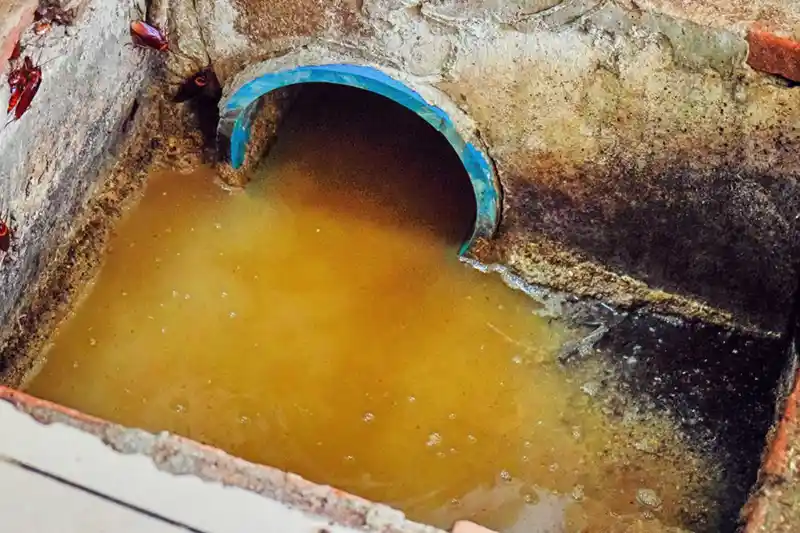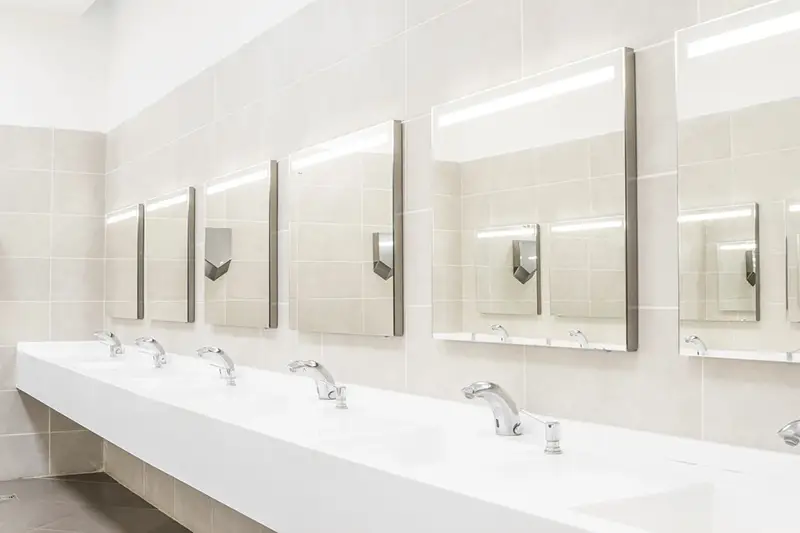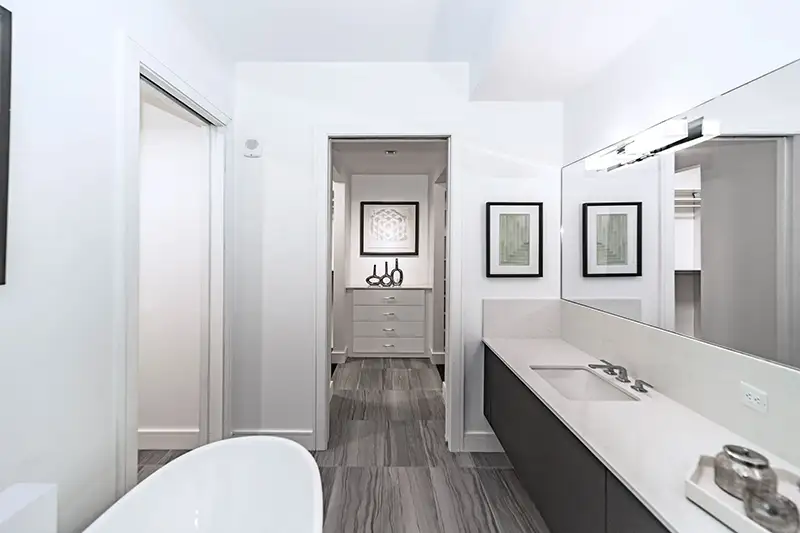As businesses increasingly prioritize sustainability, commercial buildings are adopting advanced plumbing technologies to conserve water, reduce waste, and enhance efficiency. Implementing eco-friendly plumbing solutions not only benefits the environment but also helps businesses save on utility costs. Here are some of the best commercial plumbing technologies for creating sustainable commercial properties.
1. Low-Flow Fixtures and Faucets
Low-flow toilets, urinals, and faucets significantly reduce water consumption. These fixtures use aerators and pressure regulation to maintain efficiency while conserving water. Businesses can cut water usage by up to 50% by making this simple switch.
2. Tankless Water Heaters
Unlike traditional water heaters, tankless systems heat water on demand, eliminating the need for a large storage tank. This reduces energy consumption, lowers operational costs, and ensures a constant supply of hot water without unnecessary waste.
3. Smart Leak Detection Systems
Smart plumbing sensors can detect leaks, monitor water usage, and send real-time alerts to facility managers. These systems help prevent costly water damage and reduce water waste, ensuring a more sustainable plumbing infrastructure.
4. Greywater Recycling Systems
Greywater recycling repurposes water from sinks, showers, and laundry for non-potable uses like irrigation and flushing toilets. Implementing these systems in commercial buildings can significantly reduce freshwater consumption.
5. Rainwater Harvesting Systems
Businesses can install rainwater collection systems to capture and store rainwater for use in landscaping, cooling towers, and even toilet flushing. This helps reduce reliance on municipal water sources and lowers water bills.
6. High-Efficiency Boilers
Modern high-efficiency boilers use less fuel while providing superior heating performance. Upgrading to energy-efficient models minimizes carbon emissions and lowers energy costs for commercial facilities.
7. Water-Efficient Cooling Towers
Cooling towers in large buildings consume vast amounts of water. Water-efficient systems recycle and treat water, reducing wastage and enhancing overall efficiency. Proper maintenance and modern technology can reduce water use by up to 30%.
8. Solar Water Heating Systems
Solar-powered water heaters use renewable energy to heat water, reducing dependence on gas or electricity. Commercial buildings with large energy demands can significantly cut costs and reduce their carbon footprint with these systems.
9. Touchless & Sensor-Activated Fixtures
Touchless faucets, soap dispensers, and toilets improve hygiene and reduce water wastage by controlling the amount of water used per activation. These fixtures are particularly beneficial in high-traffic commercial spaces.
10. Smart Water Meters
Advanced water meters provide real-time insights into water usage, allowing businesses to track consumption patterns and identify inefficiencies. These tools support proactive water management and long-term sustainability planning.
The Future of Sustainable Plumbing
Investing in sustainable plumbing technologies is a smart choice for commercial buildings looking to reduce operational costs and environmental impact. With advancements in smart water management, energy-efficient heating, and water-saving fixtures, businesses can create greener, more efficient properties while promoting long-term sustainability.
By incorporating these innovative plumbing solutions, commercial buildings can not only meet sustainability goals but also enhance their overall efficiency and cost-effectiveness. If you’re considering upgrading your commercial plumbing system, consult with a professional plumber to explore the best options for your facility.





